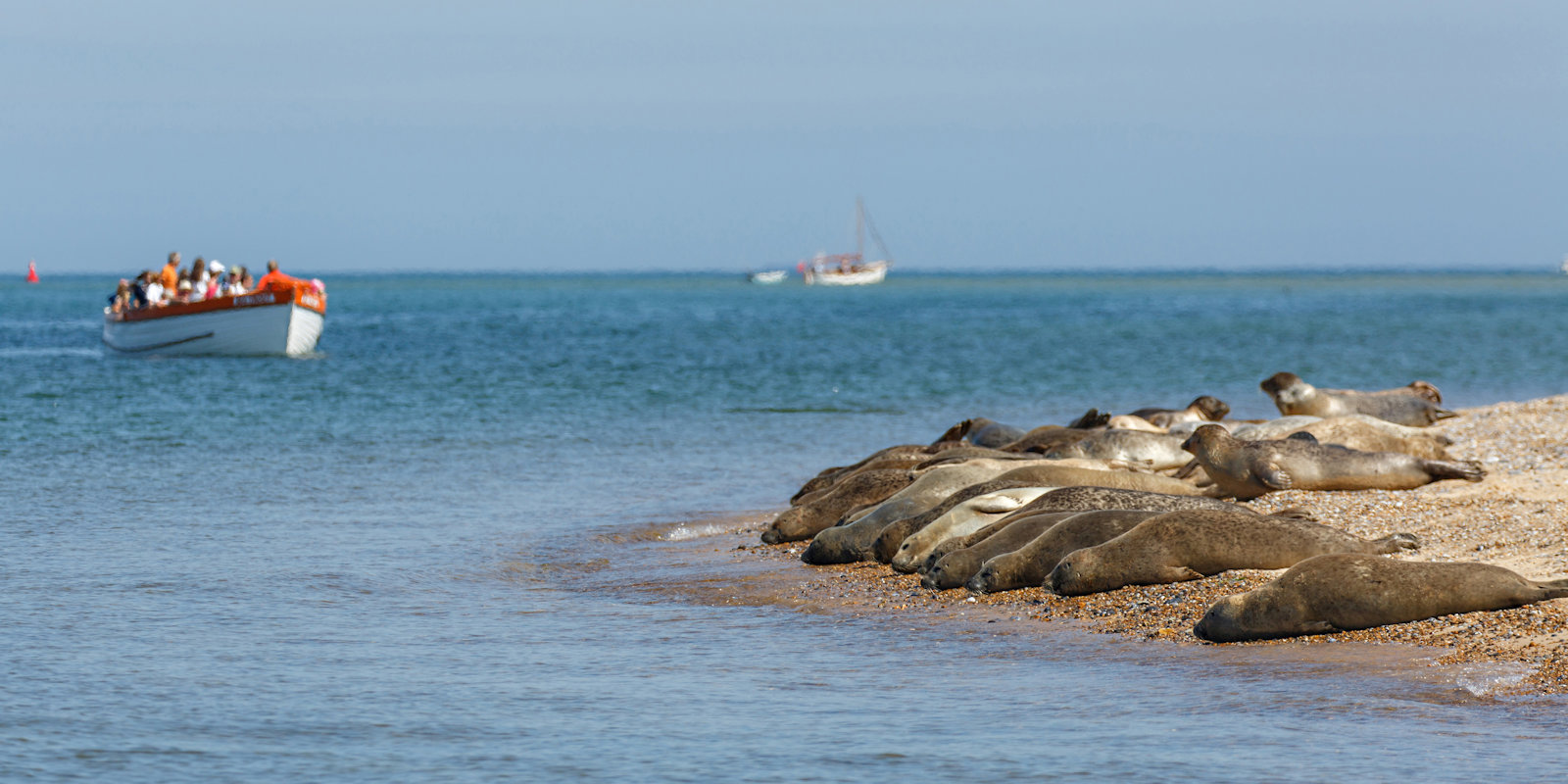
Our guide to wildlife watching & bird watching in North Norfolk, a county that is full of natural features, nature reserves, stunning coastline and countryside. The local wildlife and annual visitors are wonderful to watch. And you'll find great pubs, cafes & restaurants nearby to keep you fed & watered while you explore this beautiful part of the world.
Deepdale is a great base when you are exploring. With our team at Deepdale Camping & Rooms, and the One Stop Nature Shop team next door at Dalegate Market, we can supply you with all the information you need about wildlife watching and bird watching in the local area.
Deepdale Visitor Information Centre has a great selection of maps, guides and other information.
Our top tip for wildlife watching in North Norfolk is to come prepared and be patient.
Pack Essentials - Bring binoculars, guide books & maps, a notebook and camera. The area is teeming with diverse wildlife, and having the right gear enhances your experience. One Stop Nature Shop is a great source of kit.
Timing is Key - Many bird species are more active during dawn and dusk. Plan your visits during these times for the best chances of spotting a variety of wildlife.
Check Tide Times - If you're into coastal birdwatching, be aware of the tide schedule. High tides can bring in impressive numbers of shorebirds. - Tide Times
Respect Wildlife & Habitat - Keep a respectful distance from the animals, especially nesting birds. Follow any guidelines or restrictions in protected areas to minimize disturbance. - Coastal Code & Countryside Code
Seasonal Variations - Different times of the year bring different species. Research the seasonal patterns of migration and breeding to tailor your visit for specific wildlife sightings.
Visit Nature Reserves & Centres - Visitor centres and hides in reserves like Titchwell Marsh or RSPB Snettisham are a great source of valuable information and excellent vantage points. One Stop Nature Shop have great local information.
Join Guided Tours - Consider joining guided wildlife tours. Local experts can enhance your experience by sharing their knowledge and helping you spot elusive species.
Dress Appropriately - Weather on the Norfolk coast can sometimes be unpredictable, particularly in the Winter months. Dress in layers and bring waterproofs, especially if you plan to spend extended periods outdoors.
Stay Patient & Quiet - Wildlife can be elusive. Stay patient, move quietly, and allow the animals to become accustomed to your presence for more natural behaviors.
Explore Beyond the Obvious - While popular reserves are fantastic, but we highly recommend exploring lesser-known areas. Sometimes, the hidden gems offer unique wildlife encounters.
Enjoy your wildlife adventures in North Norfolk, and may you have some amazing sightings!
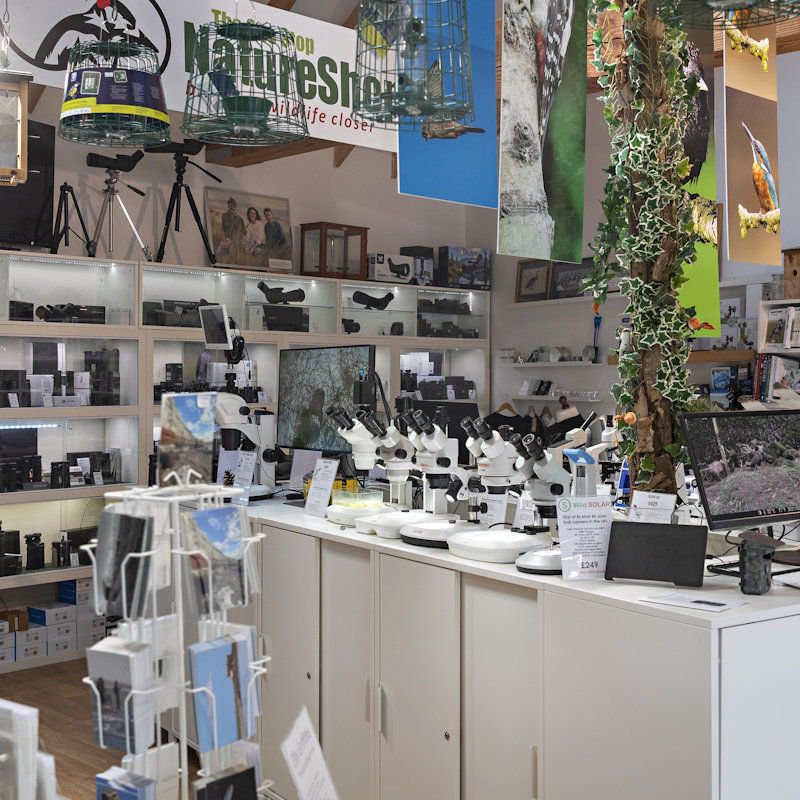
The team at One Stop Nature Shop are a great source of information about wildlife watching and bird watching on the beautiful North Norfolk Coast. And a great place to get all the equipment you need to see that wildlife in the best possible way.
Right next door to Deepdale, on the Dalegate Market site, they are easily accessible for a quick visit or longer consideration of that perfect set of binoculars.
They also have equipment for hire, please ask at the shop.
Tel: 01485 211223
dalegatemarket.co.uk
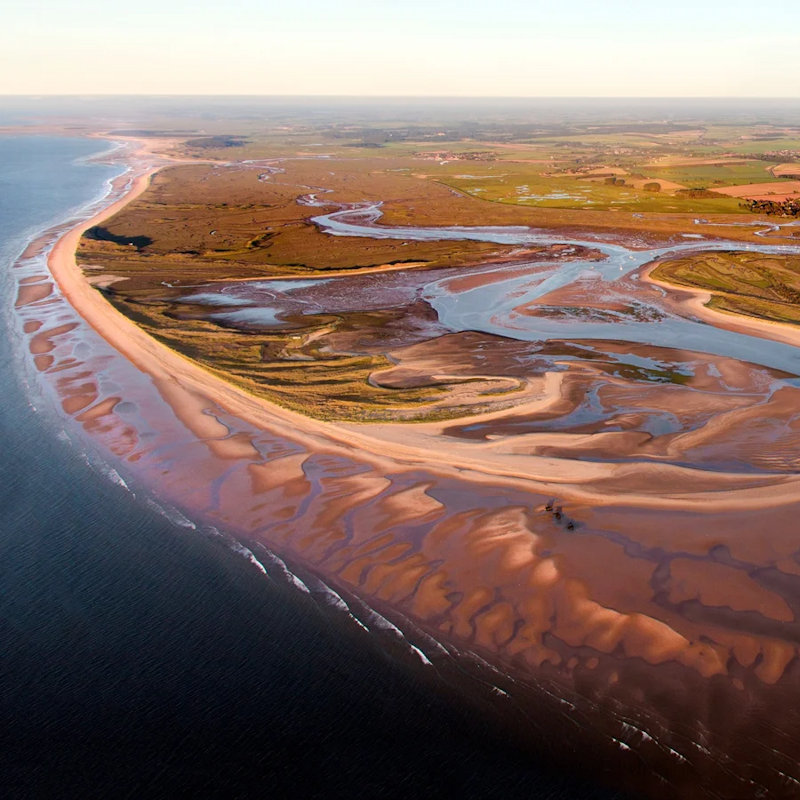
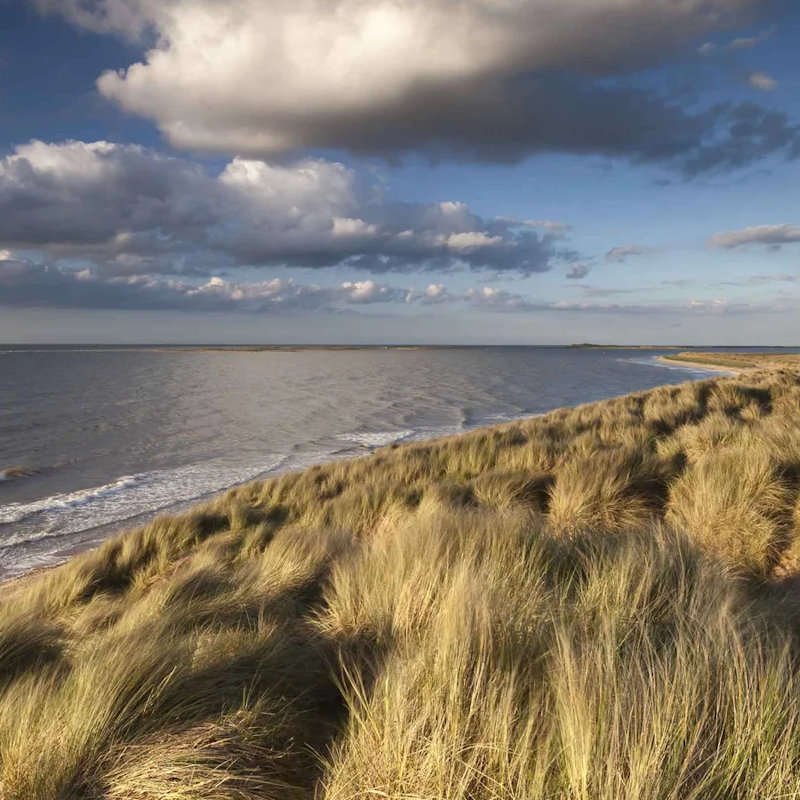
Iconic coastline famous for its sandy beach with large sand dunes, and salt marsh harbour. The sand spit Scolt Head Island is to the North. The harbour was once a busy cargo port until the 1800s, and now has a thriving fishing industry alongside recreational pleasure craft.
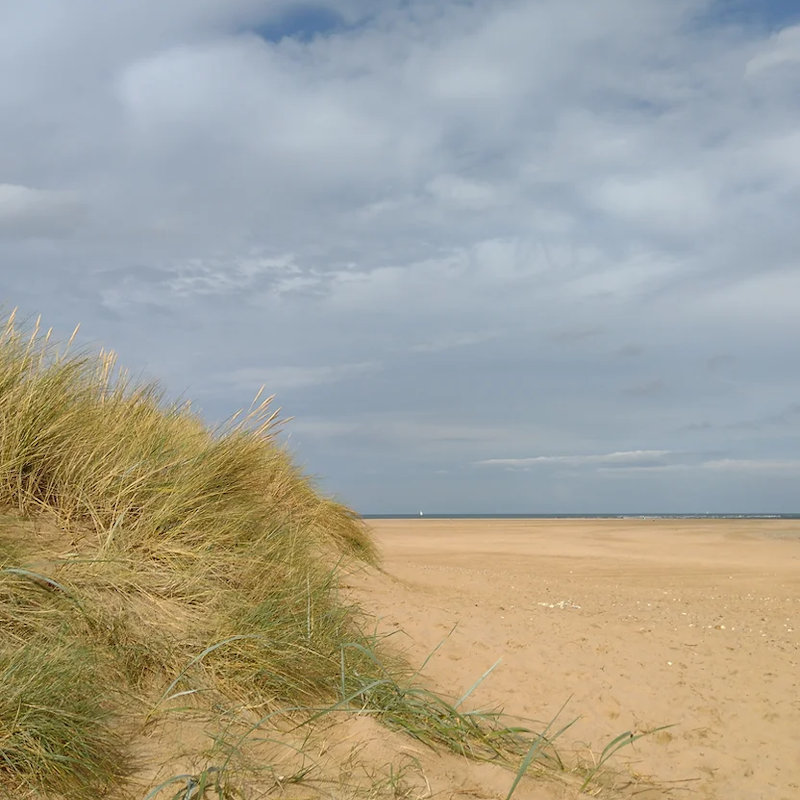
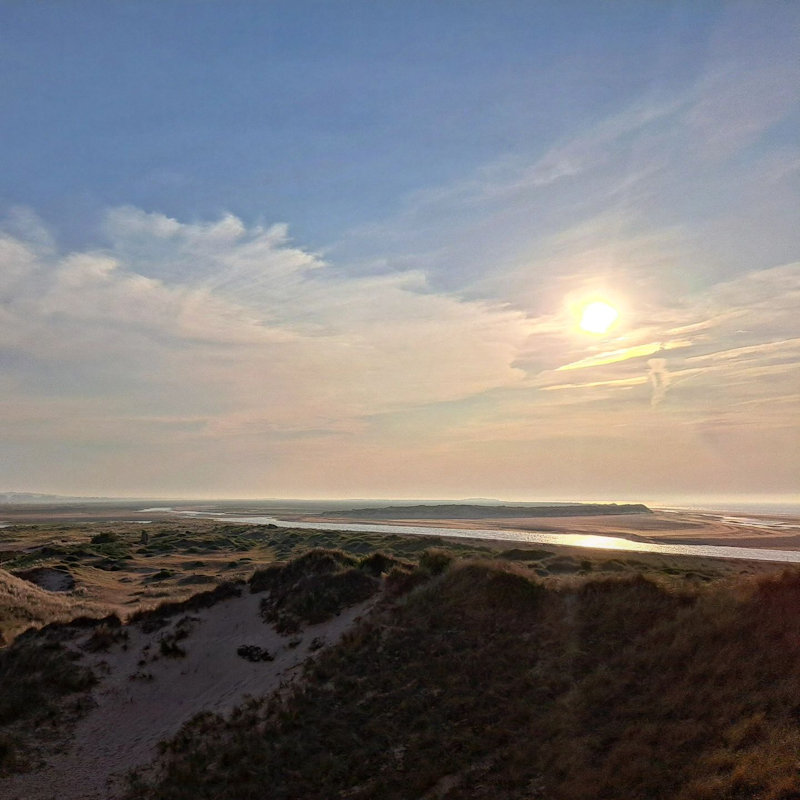
Prime example of an offshore barrier island in the UK. It is situated on a dynamic coastline and is steadily growing westward. The saltmarshes are considered to be among the finest in the UK and are the best documented and researched in the world. The island supports nationally and internationally important numbers of breeding terns (sandwich, common, arctic and little) and wintering wildfowl, and waders such as brent geese, shelduck, wigeon, teal and curlew. The plant communities of the dunes and saltmarshes are classic examples of their type. Vegetated shingle 'lows' contain plant species of national importance such as matted sea lavender and sea heath.
Welcome Ferry - jejmarine.wixsite.com
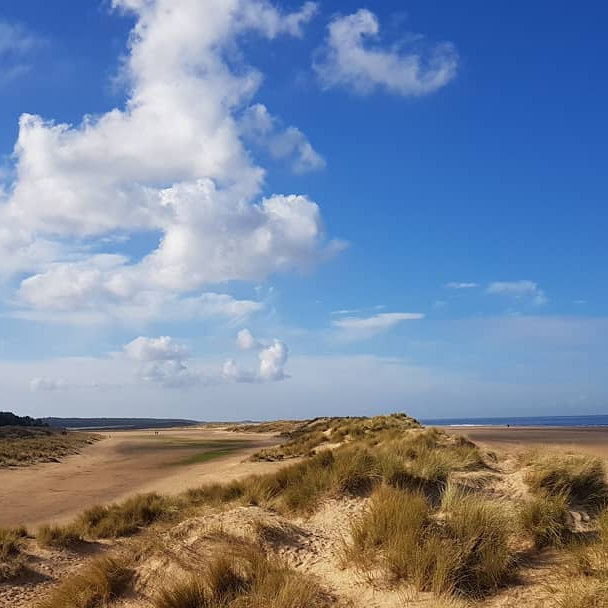
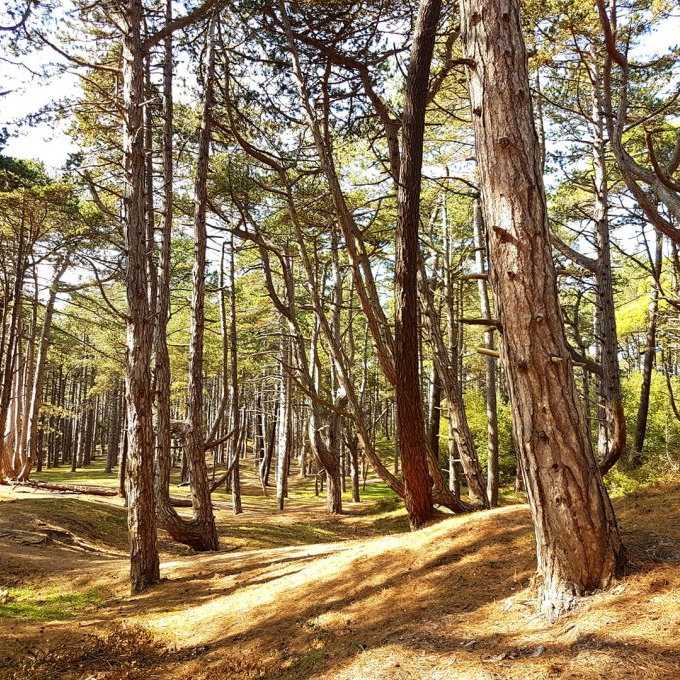
Delight in one of the most unspoilt, natural, and beautiful stretches of sand in the country, along with the many fascinating habitats and rare species of flora and fauna that make up the Holkham National Nature Reserve. You’ll be amazed by the windswept tidelines, infinite vistas, grazing marshes, maze of creaks and saltmarsh; hear the rustle of the dunes and the sway of the pines and feel at home at Holkham.
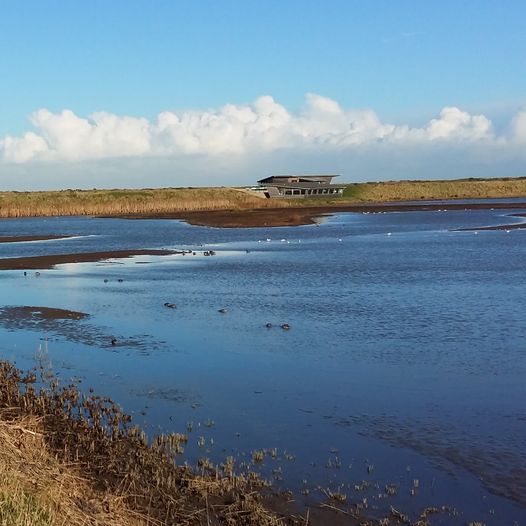
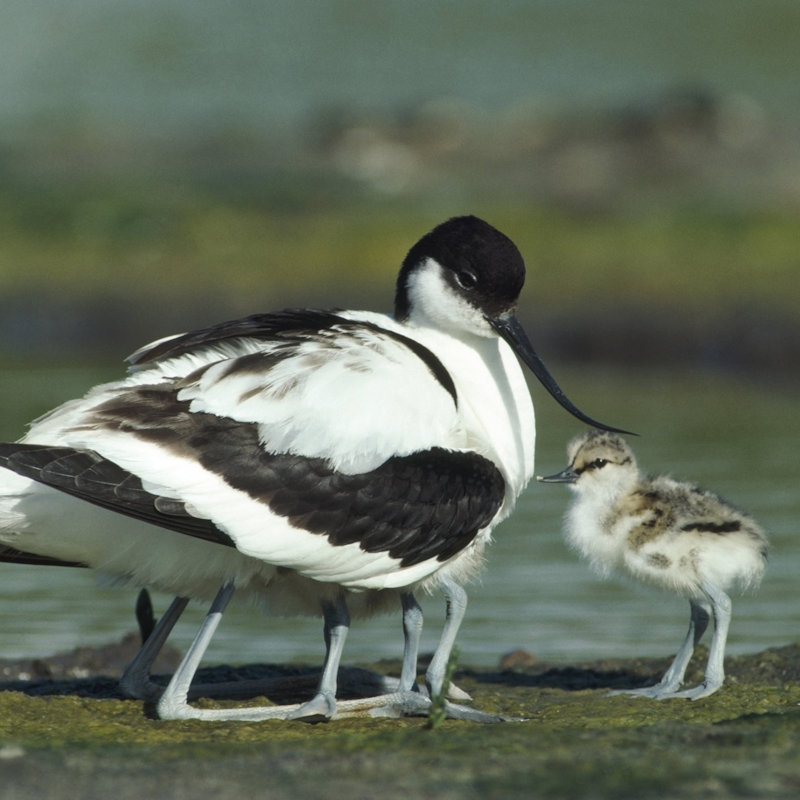
Located on the north coast of Norfolk, between the villages of Titchwell and Thornham, Titchwell Marsh is blessed with diverse habitats that include reedbeds, saltmarsh and freshwater lagoons where avocets, bearded tits and marsh harriers nest. There's also a wide sandy beach here, which offers extensive views across The Wash.
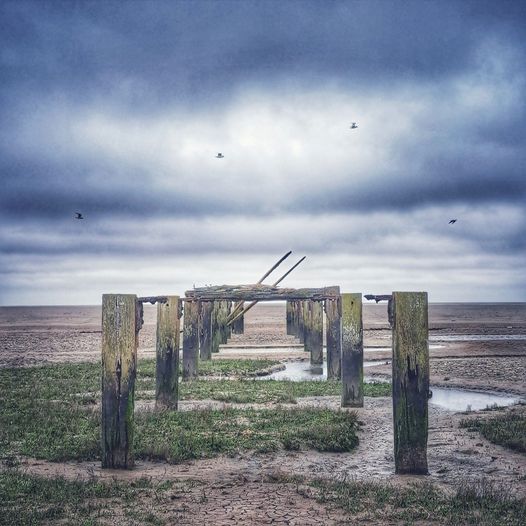
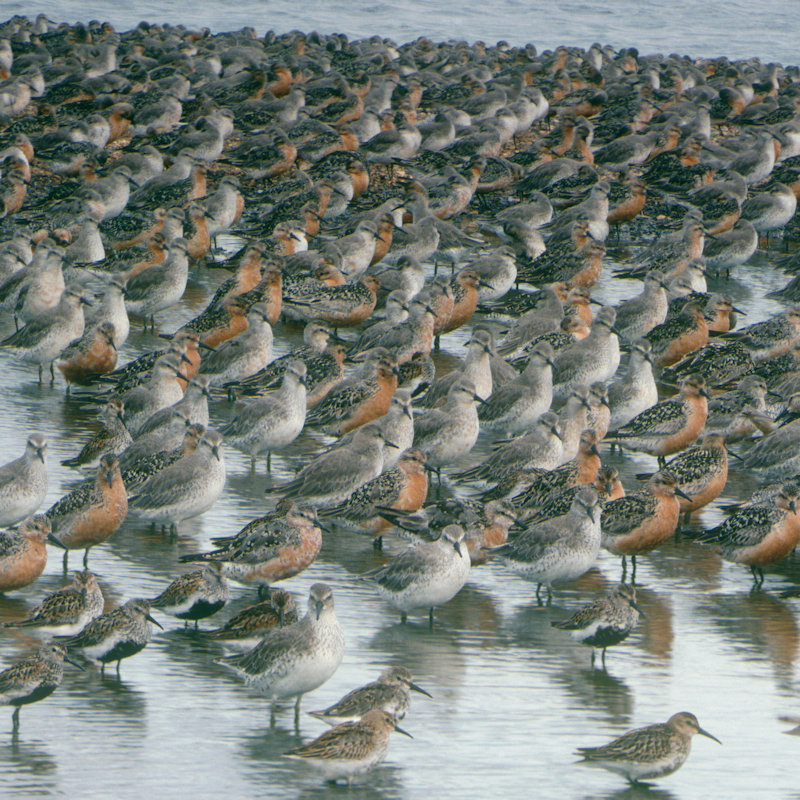
Wildlife observation hides give panoramic views across the saline lagoons, salt marsh and the vast expanse of mudflats that make up The Wash. On the biggest high tides from late summer onwards, tens of thousands of wading birds take flight as the incoming tide pushes them off the vast mudflats. We call this the 'whirling wader spectacle', a special event which doesn't happen everyday. Before travelling to the reserve to see this spectacle, we'd highly recommend you check our Snettisham Spectaculars Dates and Times Guide found in the downloads section below.
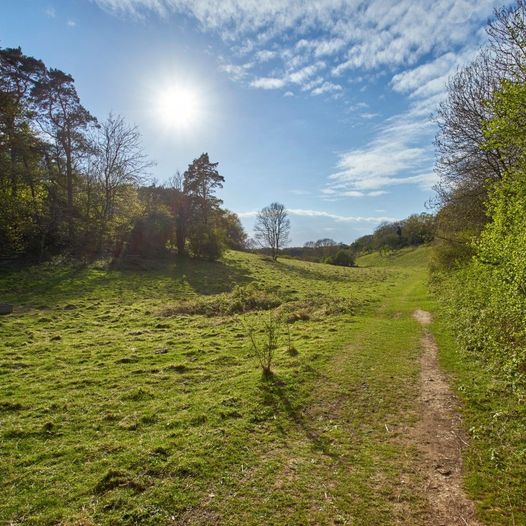
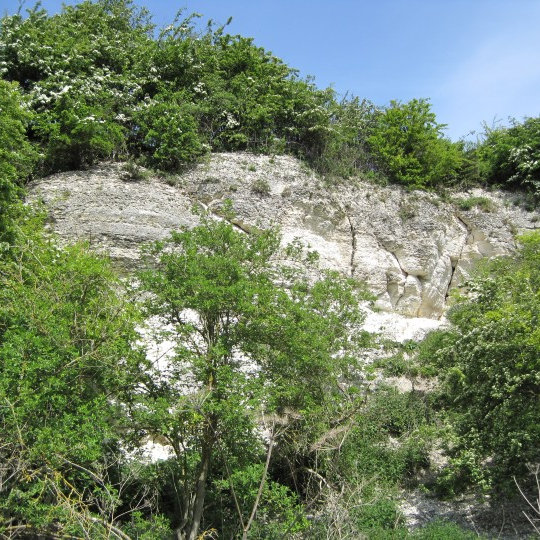
One of the largest remaining areas of chalk grassland in the county, this attractive, steep-sided valley supports a diverse range of plant and animal species. Many interesting plants can be found, as well as around twenty species of butterfly. Several nationally declining birds – yellowhammer, whitethroat and linnet – occur in good numbers.
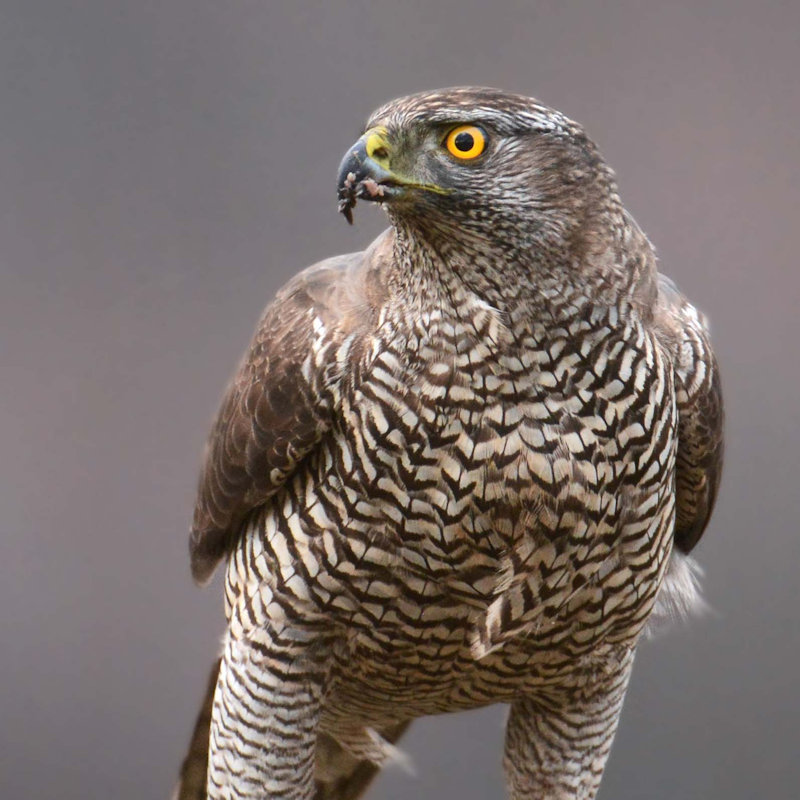
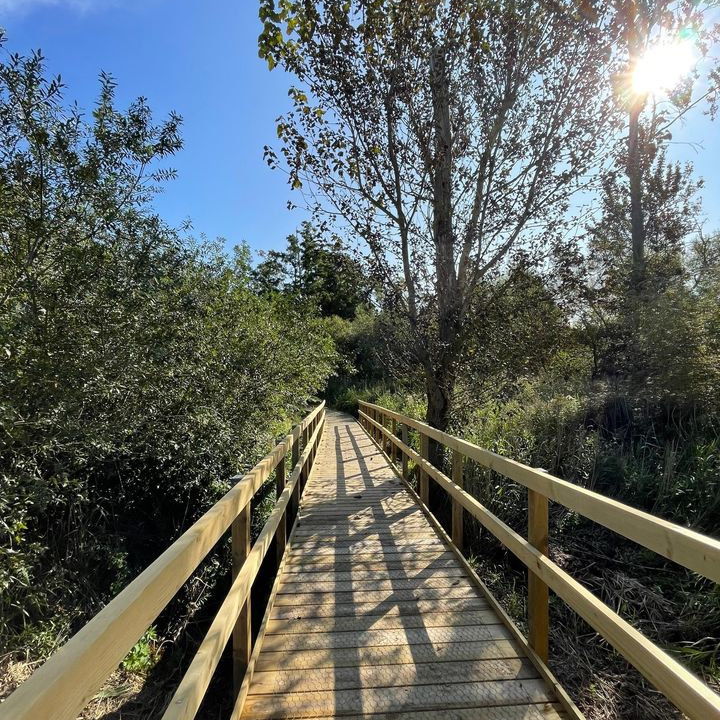
Located in the Wensum Valley in North Norfolk, the Sculthorpe Moor Nature Reserve welcomes you to our 200 acre site with 7 hides across a range of managed landscapes including meadow, wood, fen and wetland habitats. This popular reserve is fully accessible via its well-kept boardwalks and accessible hides.
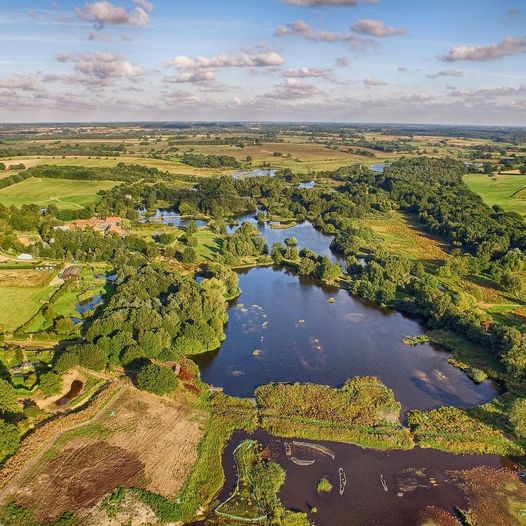
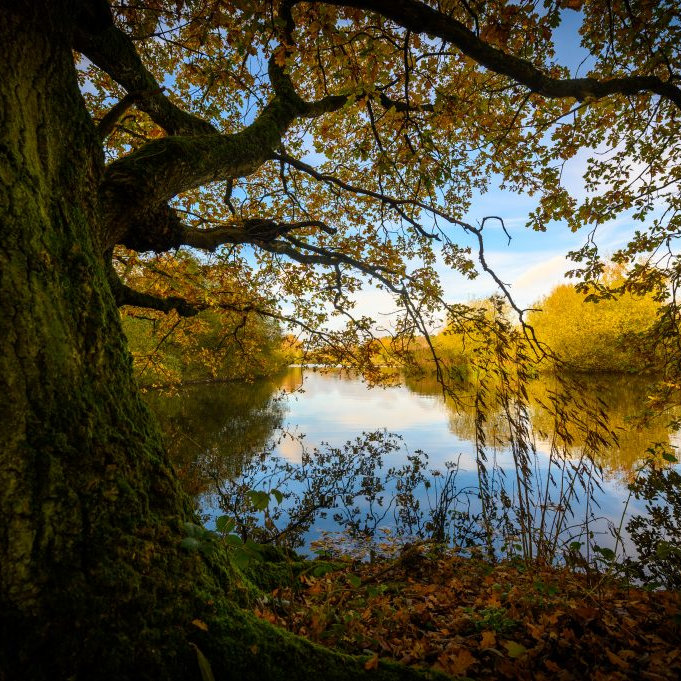
Packed with habitats, teeming with flora and fauna, species-rich, this is an internationally recognised nature reserve. There are bird hides, unique habitats, enchanting wildflowers and many different walking routes. Explore wetlands, hedgerows, woodland, riverbanks, farmland and water meadows, all from easy-to-follow trails.
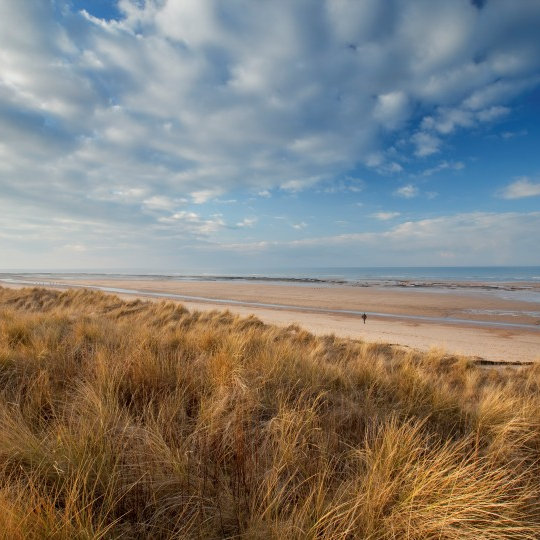
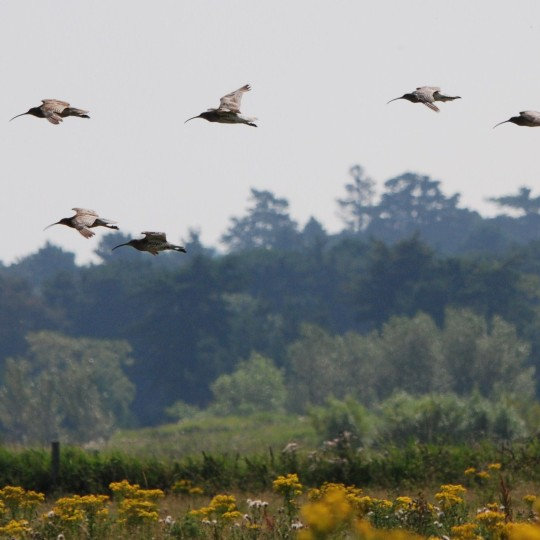
At Norfolk's northwest corner, where The Wash meets the North Sea, Holme Dunes is superbly located to attract migrating birds. It holds a variety of important habitats which support numerous other wildlife species including natterjack toads, butterflies and dragonflies, as well as a large number of interesting plants.
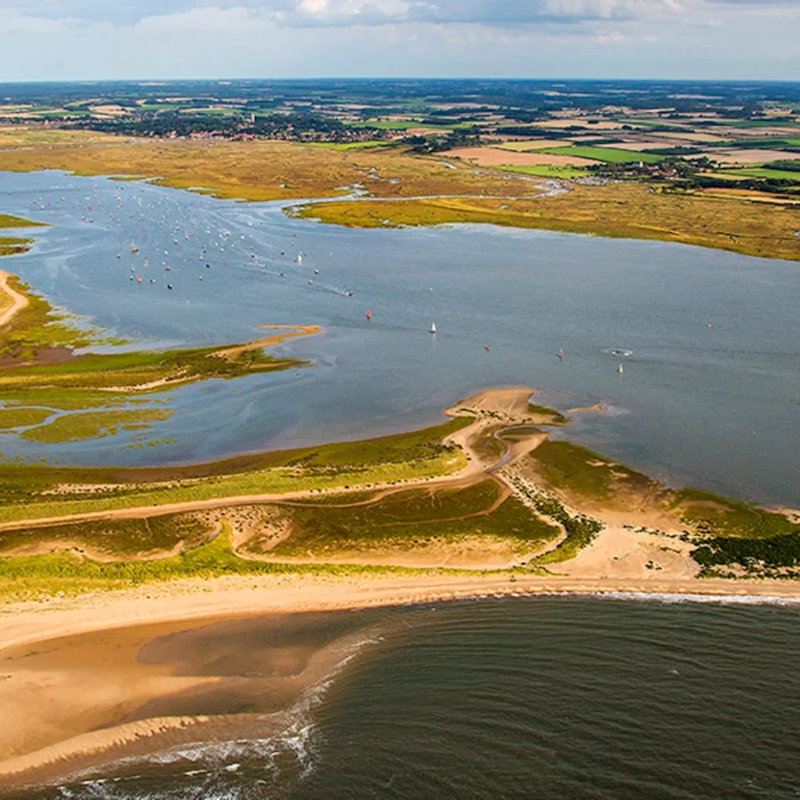
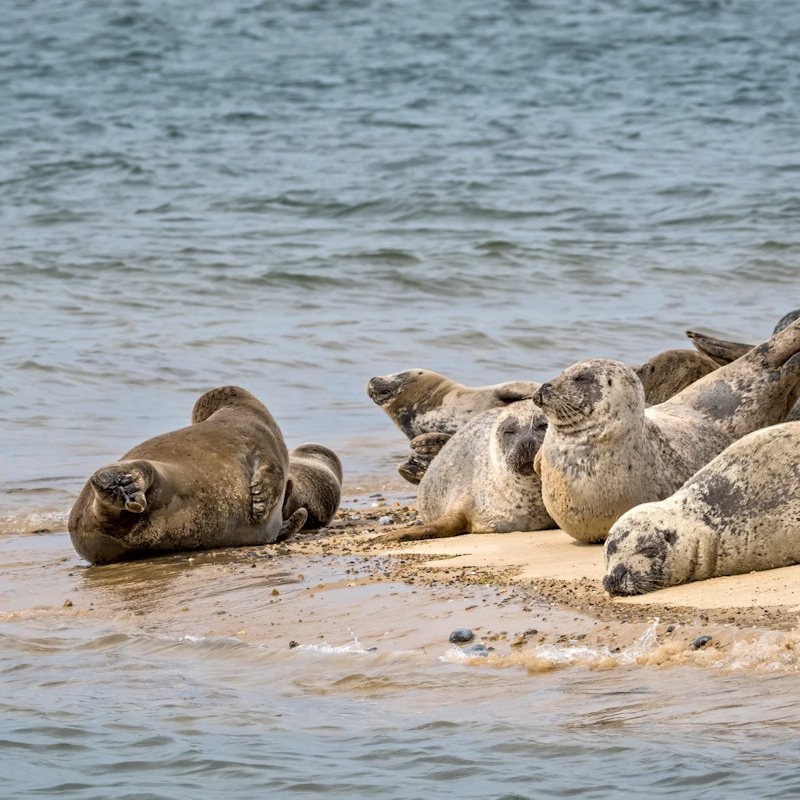
Spectacular wildlife and uninterrupted views of beautiful coastline. A four-mile shingle ridge and dune, backed by salt marsh and mudflats. Noted for Common and Grey seals in winter and terns in summer. Home to England's largest grey seal colony with over 4,000 pups born each winter.
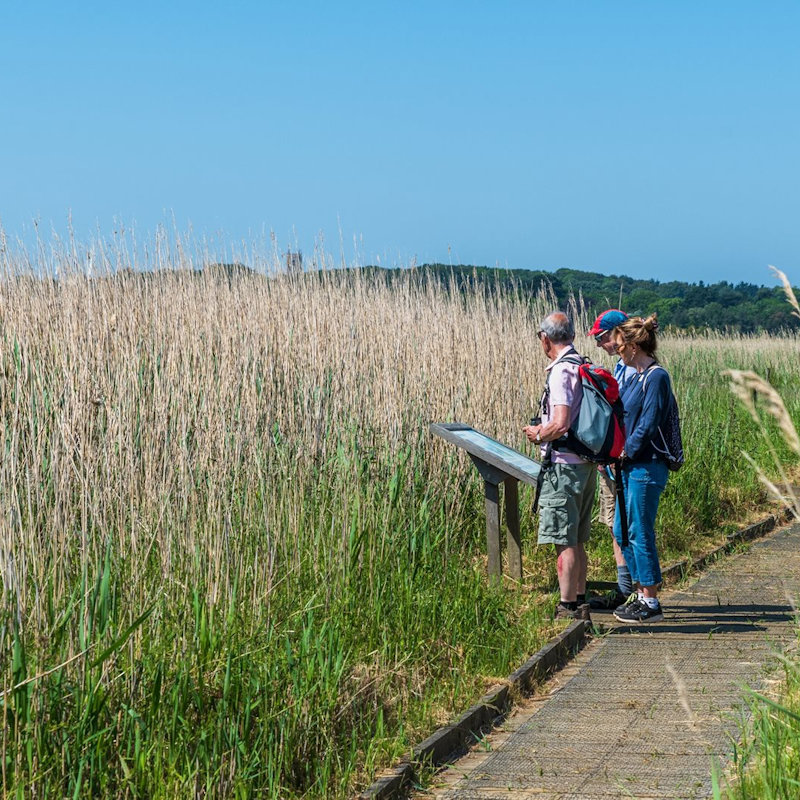
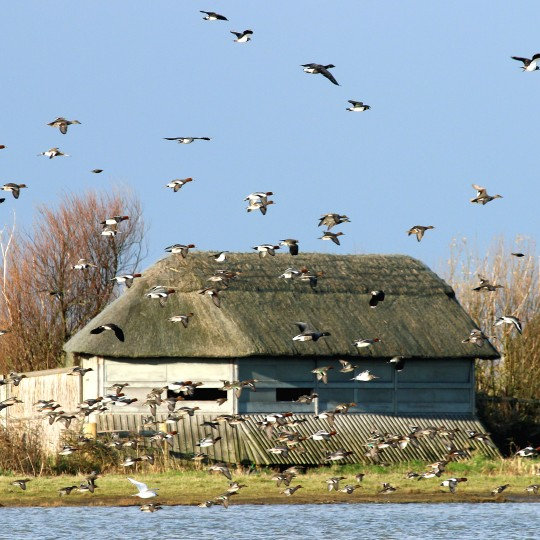
One of the country's most popular birdwatching sites, attracting more than 110,000 human visitors each year. The six hides (four of which are accessible via boardwalks) give fantastic views across pools and scrapes that are specially managed to attract breeding and passage birds. The award-winning visitor centre features interactive interpretation, regularly changing exhibitions, and a well-stocked gift and book shop.
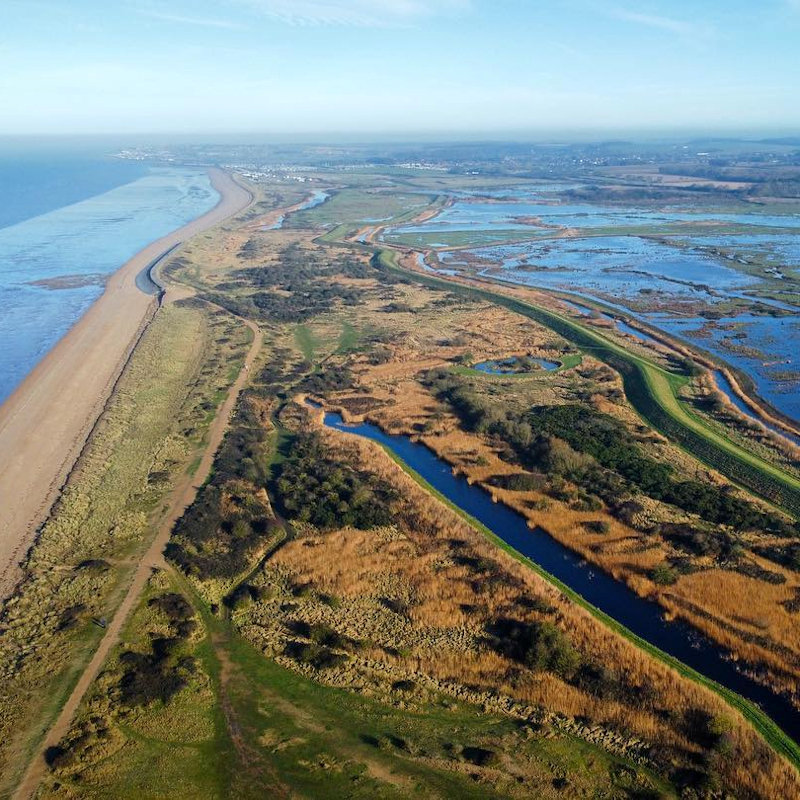
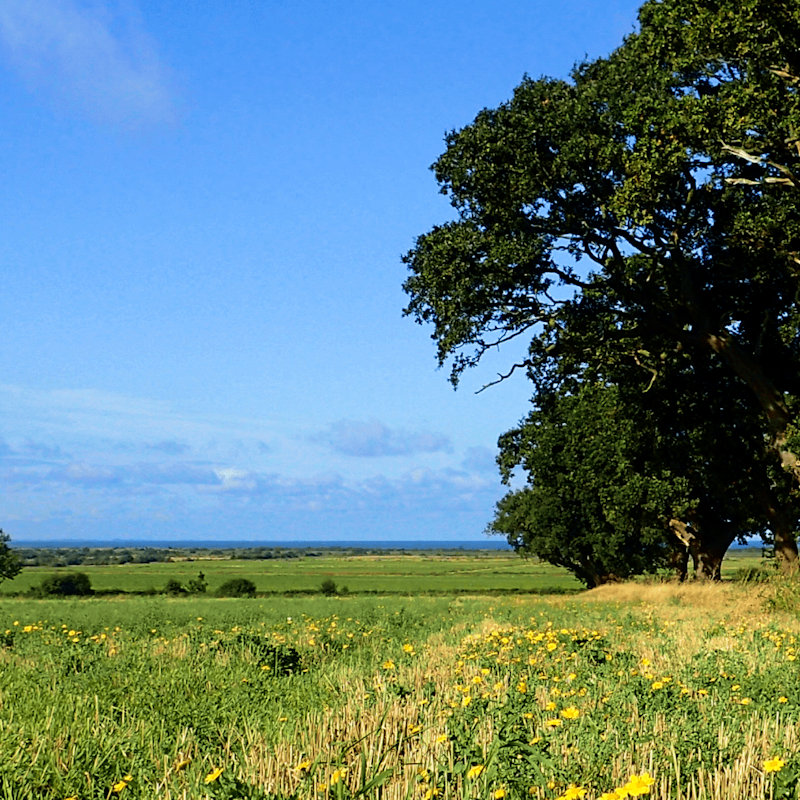
A project to restore nature, fight climate change, and grow healthy food across a coastal farm in West Norfolk. Engaging people with the natural environment, and working for the local economy and communities. Wild Ken Hill is returning land to nature and farming sustainably in coastal west Norfolk, using rewilding, regenerative farming, and traditional conservation practices side-by-side in a unique, innovative approach.
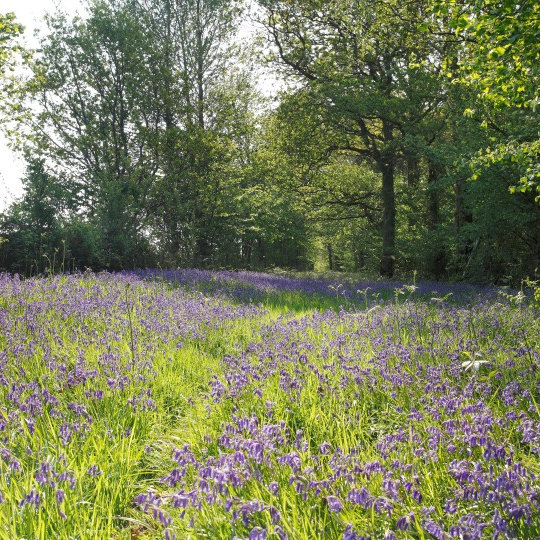
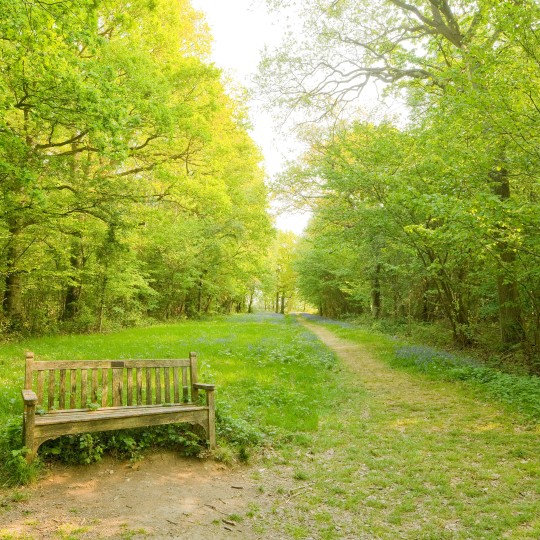
In early spring pale yellow primroses peek out from the banks of ditches, a prelude to the riot of colour to follow in mid/late April to early May (varying year to year) when bluebells carpet the woodland floor. Other interesting woodland plants and wildflowers such as dog's mercury, greater butterfly orchid, wood anemone, wild garlic and herb-paris can also be found, as well as the locally scarce wild service-tree. In total over 350 flowering plant species have been recorded.
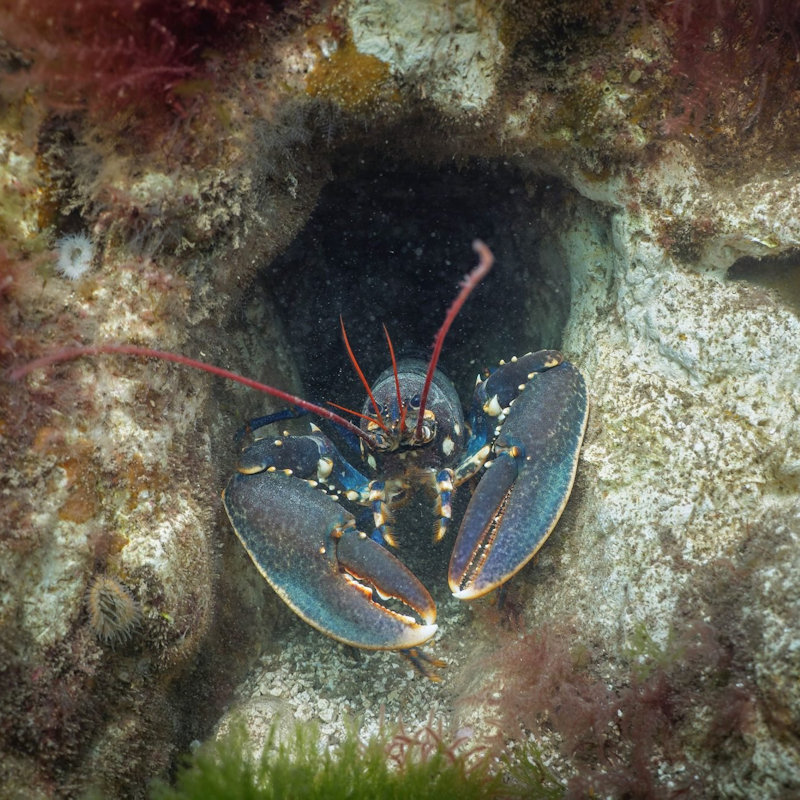
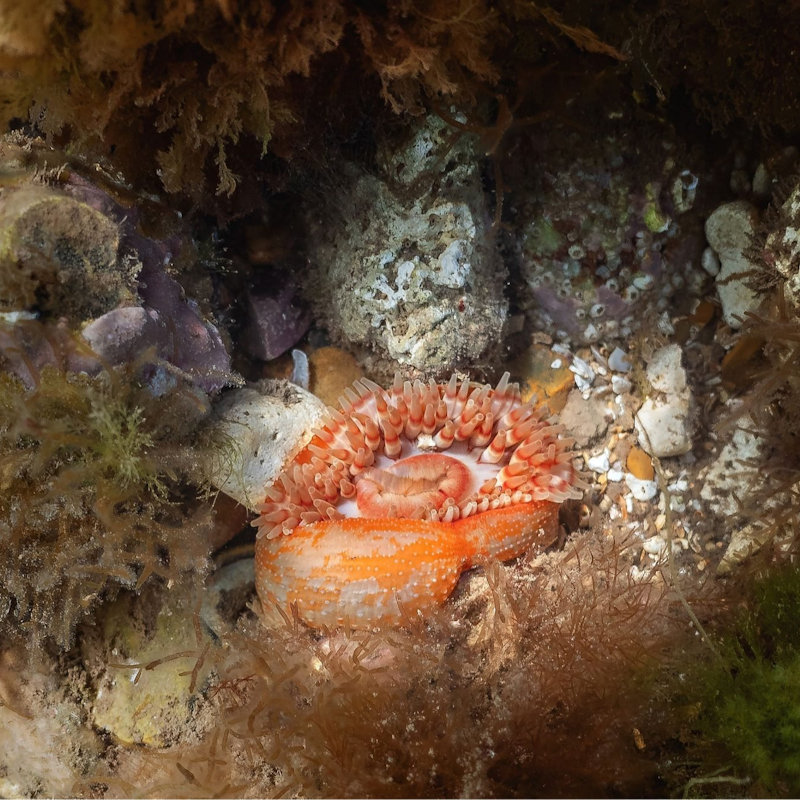
'Britain's Great Barrier Reef' - Just off the coast of Sheringham and Cromer, a few feet under the sea, is the longest chalk reef in the world, stretching for over twenty miles. Created when dinosaurs ruled the earth, and its so close to the shore you could skim a stone out to it. The reef is just 25ft under the sea's surface and has now been made a Marine Conservation Zone (MCZ) by the Department for Environment Food and Rural Affairs. With an area of 315sq km it's larger than the Broads National Park.
Photos by Chris Taylor - christaylorphoto.co.uk
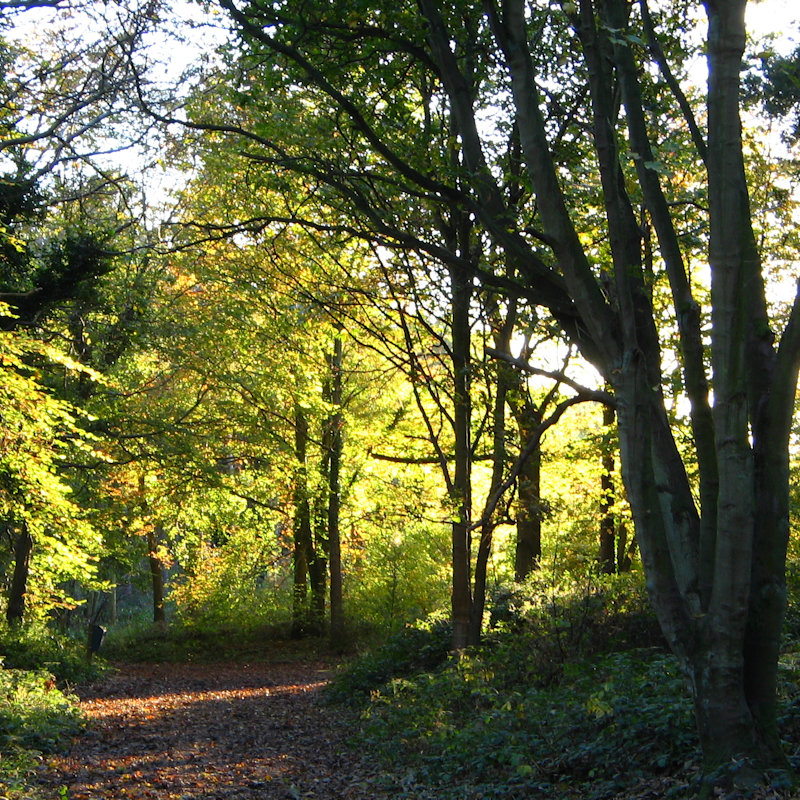
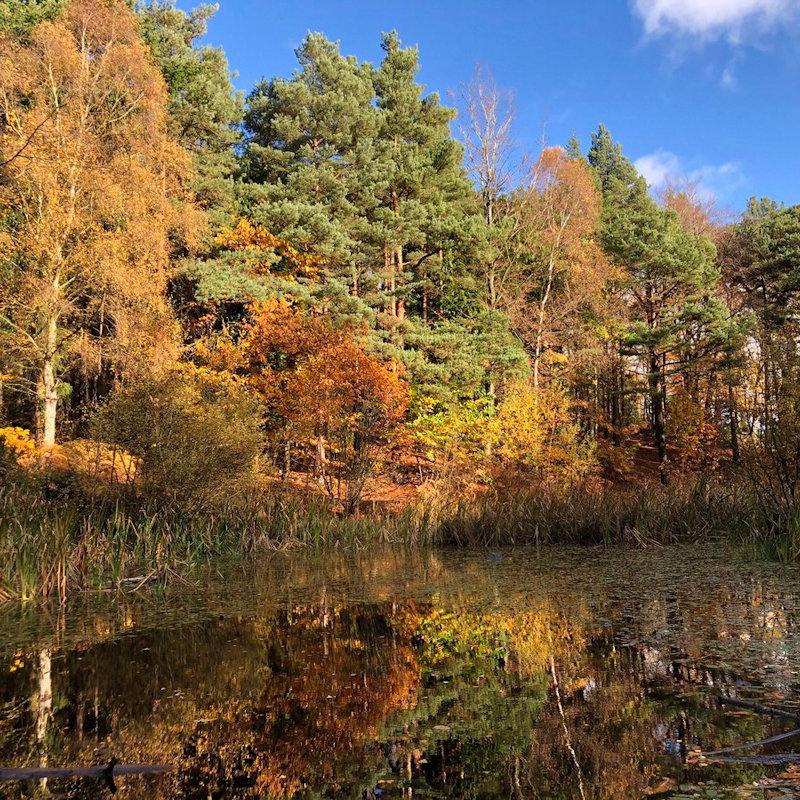
100 acres of mixed woodland and is a Green Flag award winner. Open all year round for the public to enjoy. It is situated on the edge of the Norfolk Coast Area of Outstanding Natural Beauty. Tranquil woodland, dominated with Scots pines and native broadleaves, orchids in the summer to snowdrops in the winter. The rich ground flora supports an abundant array of wildlife including goldcrests, greater spotted woodpeckers and deer, amongst many others.
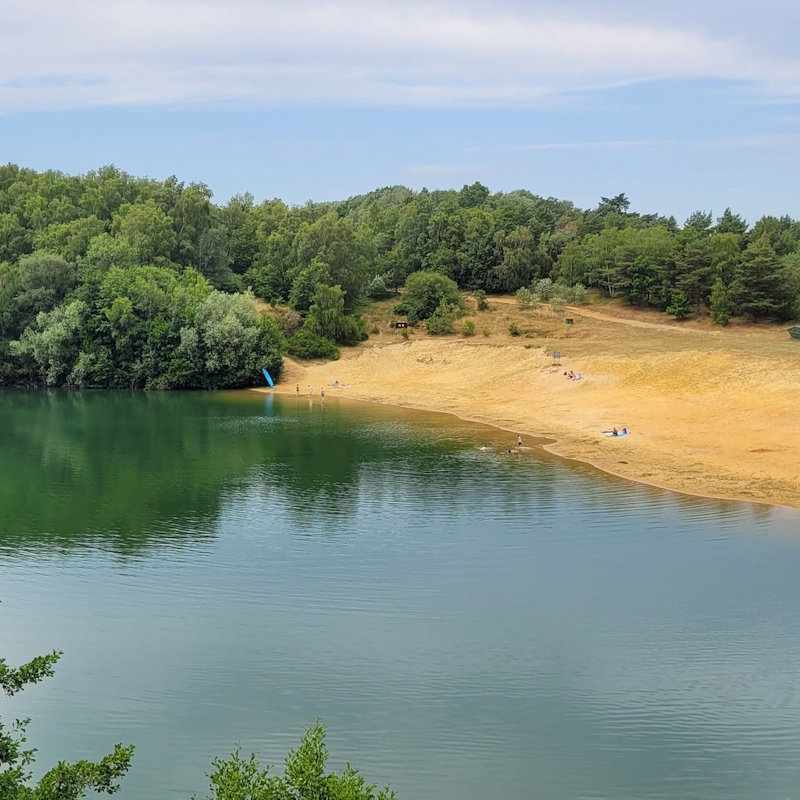
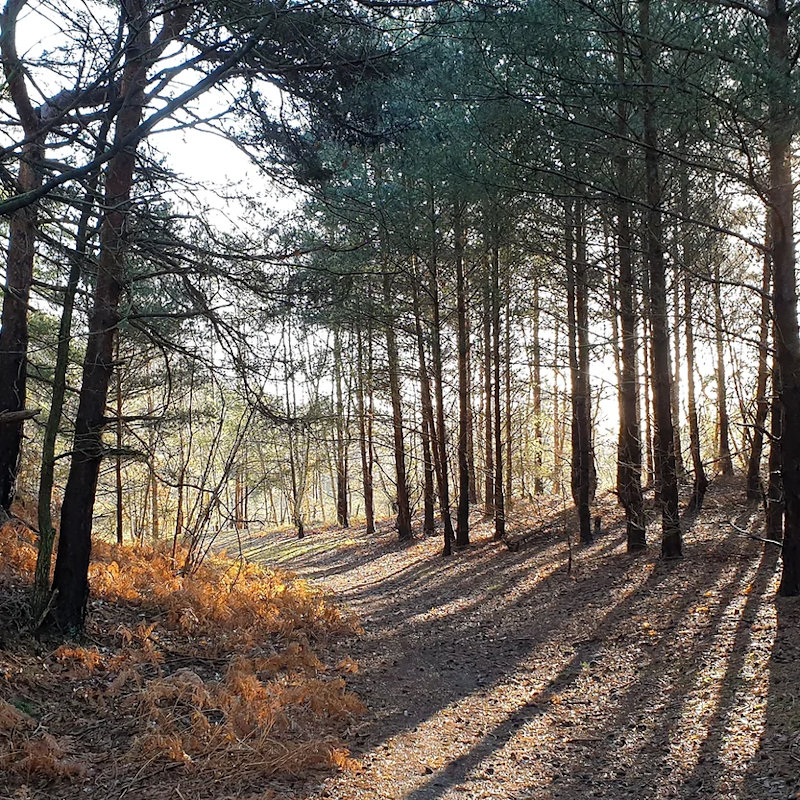
In the heart of West Norfolk, hidden in a sea of nature just outside King's Lynn, lies Bawsey Country Park. Originally created by sand quarrying operations, the terrain is undulating, covering over 180 acres including lush woodland and sparkling lakes. The perfect place to relax, unwind and enjoy the beautiful surroundings.
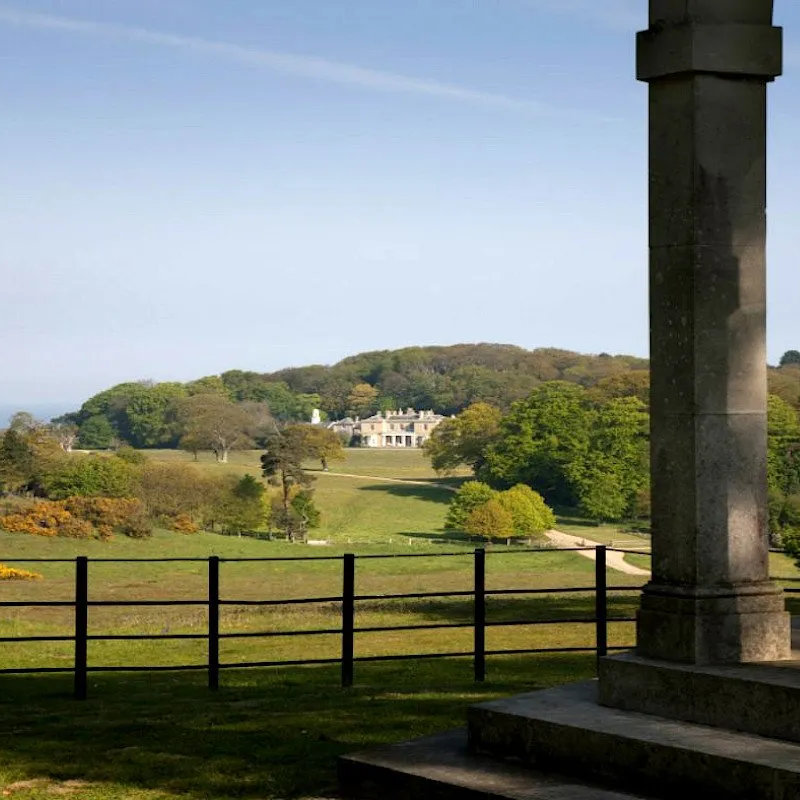
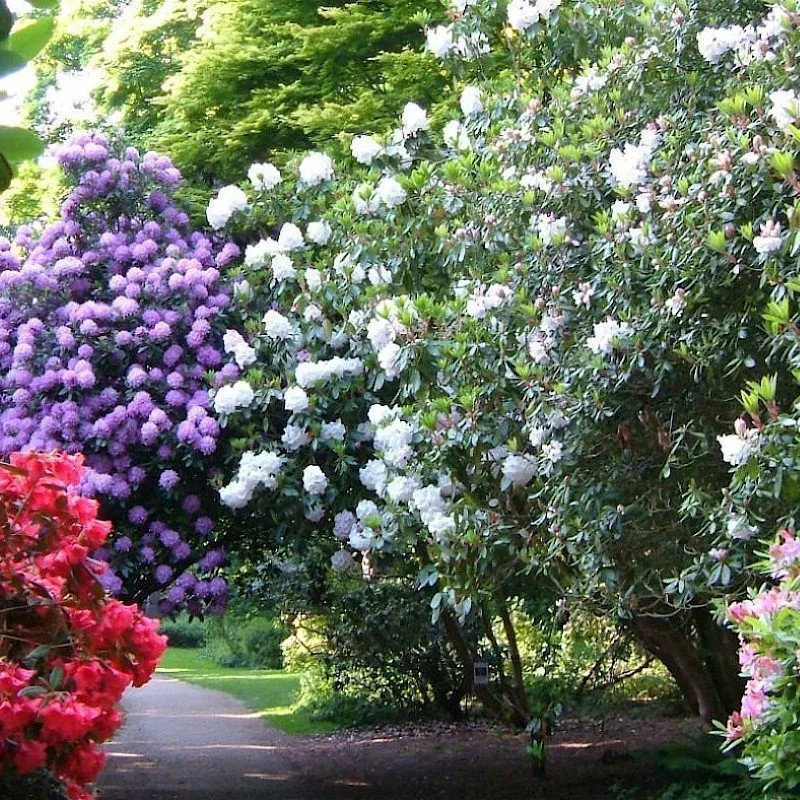
Wander through Sheringham Park and you'll discover why it became the personal favourite of its designer, Humphry Repton. Famous for its vast collection of rhododendrons and azaleas, today, you can climb to the top of the two viewing towers at Gazebo to experience breathtaking views of this beautiful landscape, the North Norfolk coast and maybe a steam train passing through. Spend a day here exploring 1000 acres of varying habitat including woodland, parkland and cliff top. Look out for wildlife, 3 species of deer can be seen alongside a wide variety of birds and butterflies.
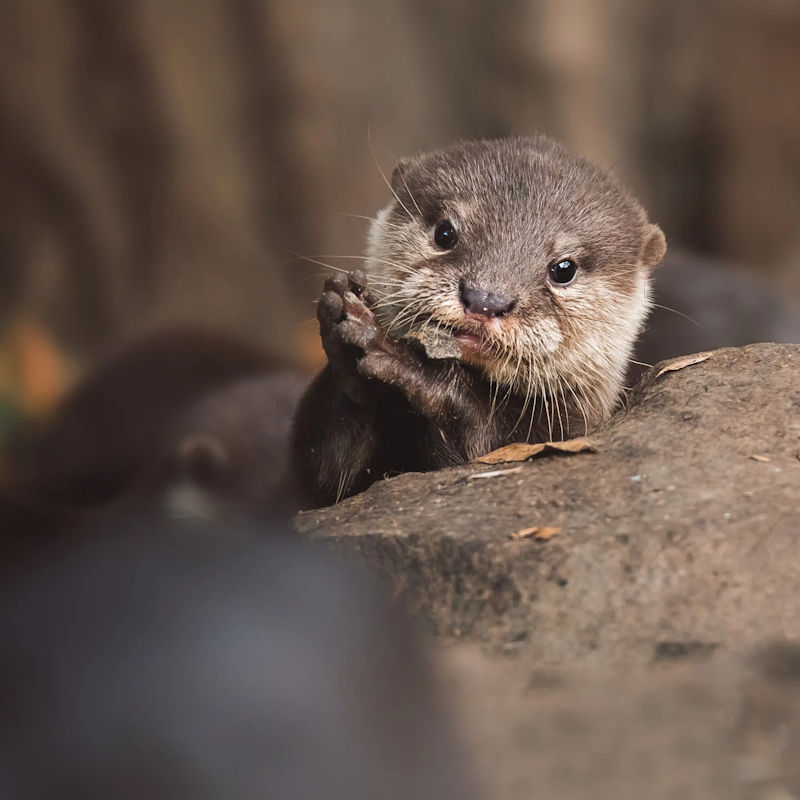
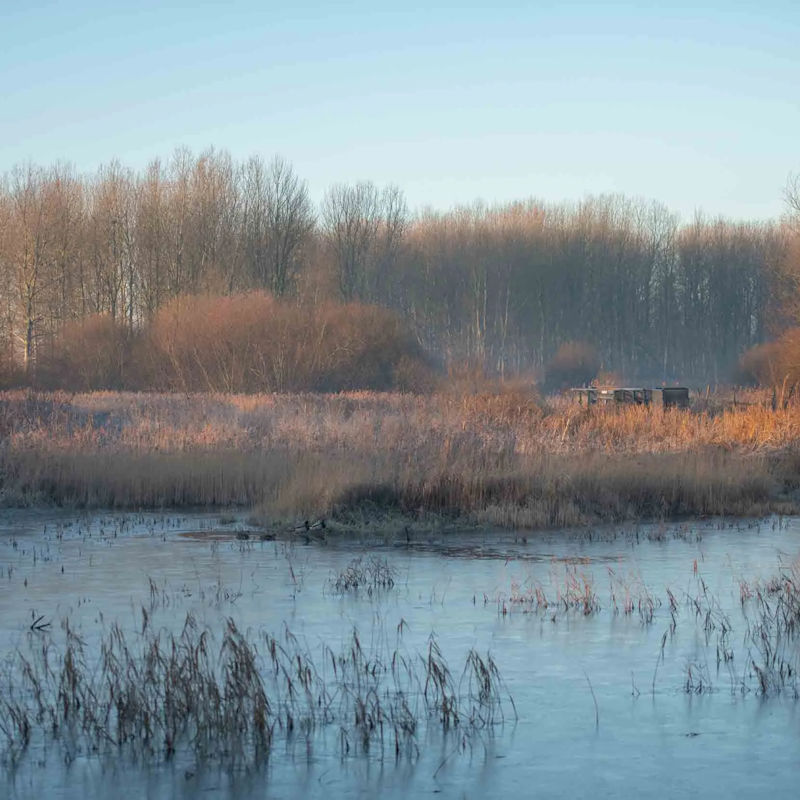
Head to Lakenheath Fen and see how the RSPB has transformed former carrot fields into a wetland home for kingfishers, common cranes, otters and water voles. Where once there was farmland, now there is a vast stretch of reedbeds and grazing marshes bursting with life, as well as rich woodlands that come alive with song in spring. 500 hectares of reedbeds, grazed fenland and wet grasslands where wildlife abounds.
We have an excellent selection of maps, guide books and other information in Deepdale Visitor Information Centre. But if you'd like to get copies before you visit us, here are some of our cycling related favourites for sale online. You can see our full bookshop here. Links will take you to Amazon online store.
Rings in the Shingle: Images and Poems from the Norfolk Coast (Encounters with Norfolk Wildlife): 1 (Words and Images of Natural Norfolk)
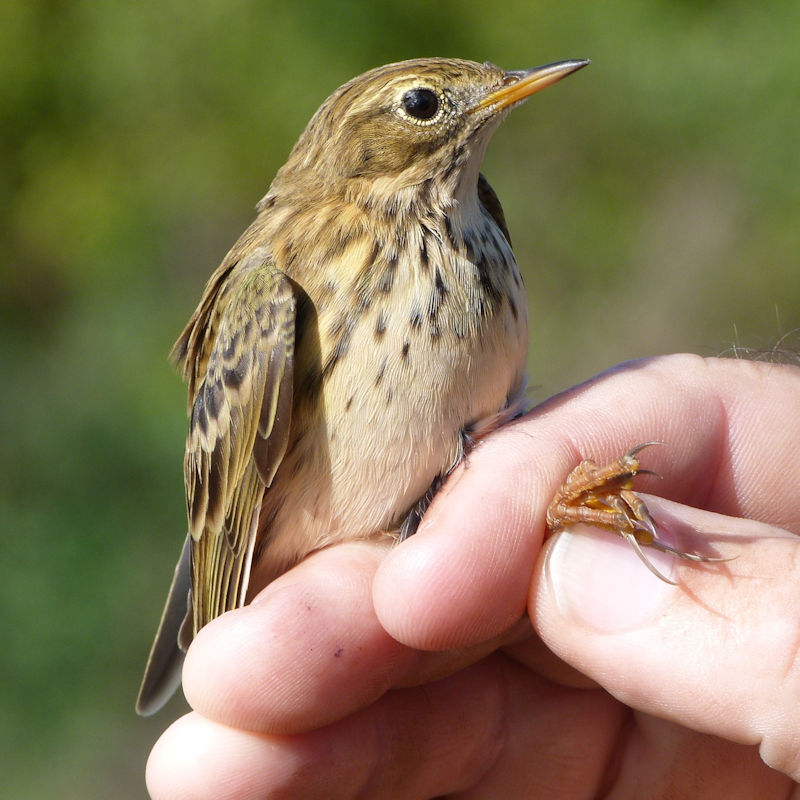 | Bird Ringing DemonstrationWednesday 31st July 2024 |
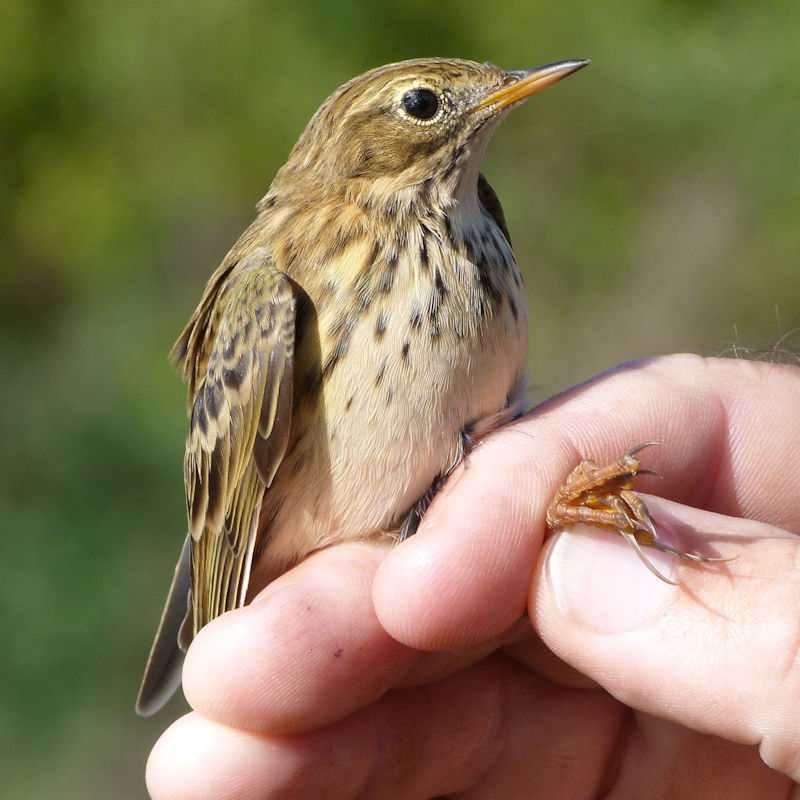 | Bird Ringing DemonstrationFriday 16th August 2024 |
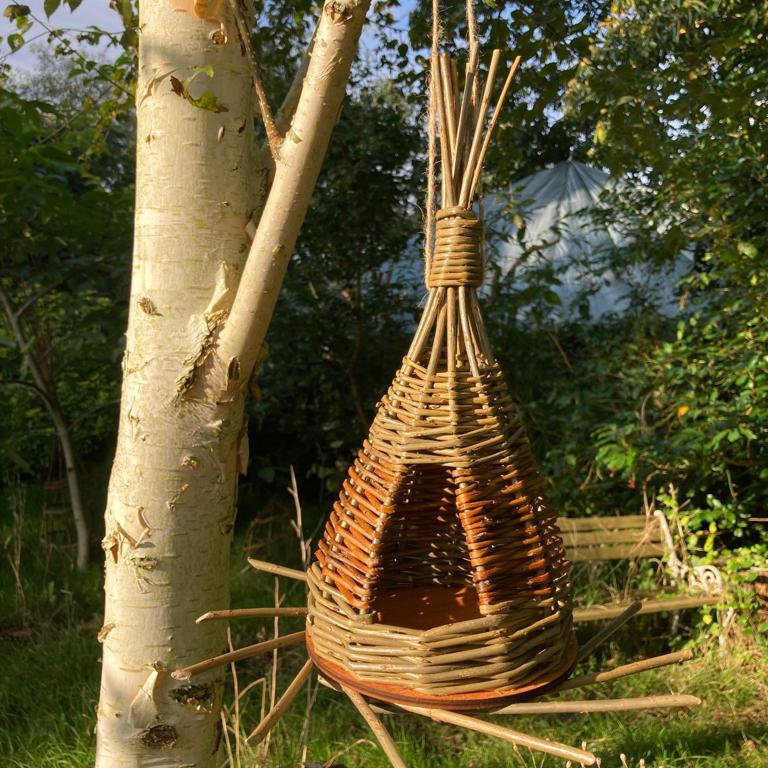 | Willow Weaving Workshop - Teepee BirdhouseSaturday 21st September 2024 |
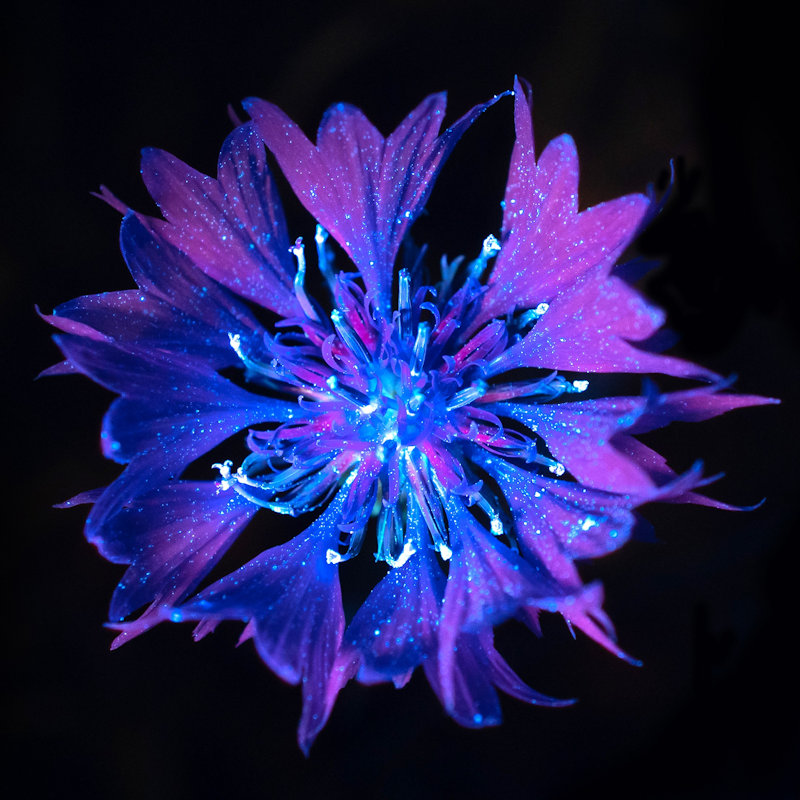 | Biofluorescent Night WalkThursday 3rd October 2024 |
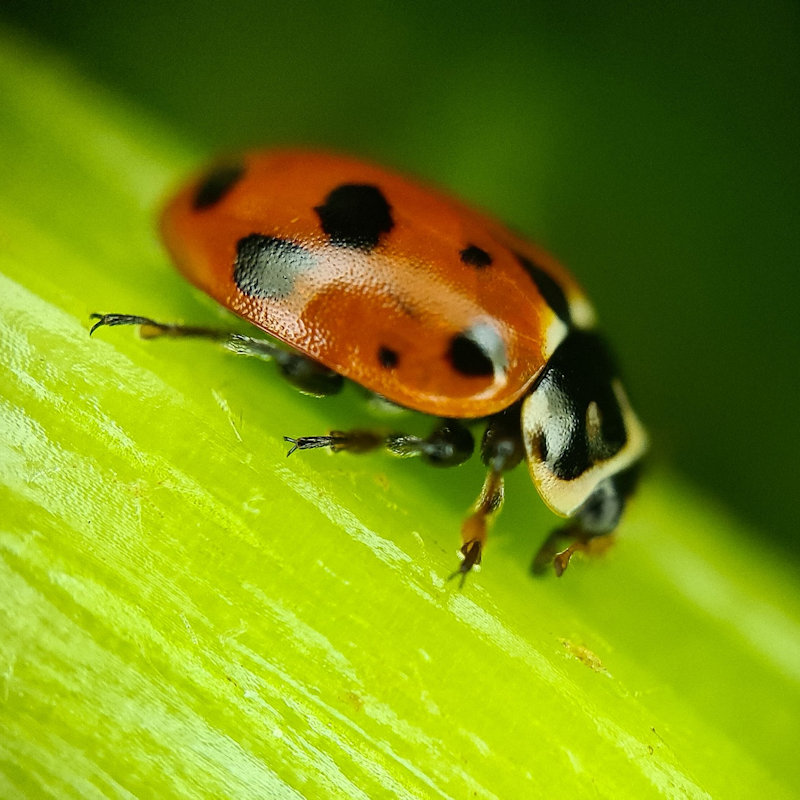 | Microscopic Marvels Macro Photography WalkThursday 3rd October 2024 |
 | Biofluorescent Night WalkMonday 11th November 2024 |
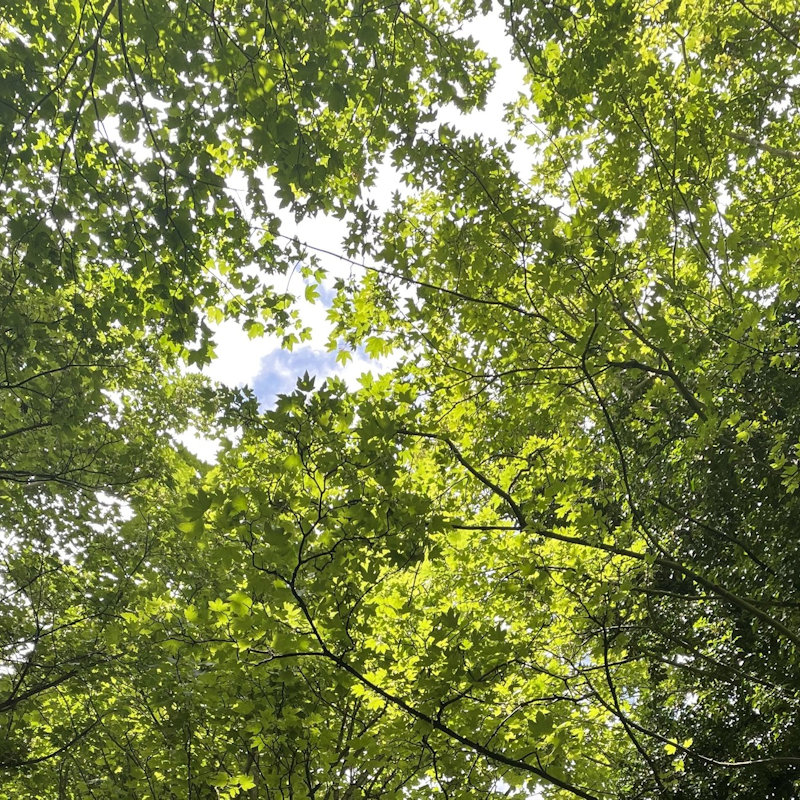 | Forest BathingMonday 11th November 2024 |
 | Biofluorescent Night WalkTuesday 26th November 2024 |
 | Microscopic Marvels Macro Photography WalkTuesday 26th November 2024 |